
Being Well When Were Ill
Being Well When Were Ill
Wholeness and Hope in Spite of Infirmity

Marva J. Dawn

Minneapolis
BEING WELL WHEN WERE ILL
Wholeness and Hope in Spite of Infirmity
Copyright 2008 Augsburg Books, an imprint of Augsburg Fortress. All rights reserved. Except for brief quotations in critical articles or reviews, no part of this book may be reproduced in any manner without prior written permission from the publisher. Visit www.augsburgfortress.org/copyrights/contact.asp or write to Permissions, Augsburg Fortress, Publishers, Box 1209, Minneapolis, MN 55440-1209.
Scripture quotations are from the New Revised Standard Version Bible, copyright 1989 by the Division of Christian Education of the National Council of the Churches of Christ in the USA. Used by permission. All rights reserved.
Scripture marked KJV are taken from The New King James Version, copyright 1979, 1980, 1982 Thomas Nelson, Inc. Used by permission. All rights reserved.
Scripture marked NASB are from the New American Standard Bible, copyright 1960, 1962, 1963, 1968, 1971, 1972, 1973, 1975, 1977 The Lockman Foundation. Used by permission.
Scripture marked NIV are taken from the Holy Bible, New International Version, copyright 1973, 1978, 1984 International Bible Society. Used by permission of Zondervan Publishing House. All rights reserved. Scripture marked TNIV are taken from the Holy Bible, Todays New International Version. Copyright 2002 by International Bible Society. Used by permission of Hodder & Stoughton Publishers, a member of the Hodder Headline Group. All rights reserved. The NIV and New International Version and TNIV trademarks are registered in the United States Patent and Trademark Office by International Bible Society. Use of either trademark requires the permission of International Bible Society.
Cover design: Brad Norr
Cover image: DAJ, Getty Images.
Book design: Jill Carroll Lafferty
eISBN 9781451414349
Library of Congress Cataloging-in-Publication Data
Dawn, Marva J.
Being well when were ill : wholeness and hope in spite of infirmity / Marva J. Dawn.
p. cm. (Living well series)
Includes bibliographical references.
ISBN 978-0-8066-8038-5 (alk. paper)
1. SickReligious life. I. Title.
BV4910.D33 2008
248.861dc22
2007040025
This book is dedicated
to my mother,
Louise Bayer Gersmehl,
who has cared intensely for several people
chronically ill and disabled
with amazing grace and faith
and to my husband,
Myron Sandberg,
who has kept me alive
with gentleness and generosity beyond imagining.
In memory of Duane L. Vahsholtz (19332007),
whose life with cancer inspired my writing,
who died before I could give him the book as thanks,
whose life and death gave glory to God.
Soli Deo Gloria
 Contents
Contents
Incline your ear, O L ORD , and answer me,
for I am poor and needy.
Preserve my life, for I am devoted to you;
save your servant who trusts in you.
You are my God; be gracious to me, O Lord,
for to you do I cry all day long.
Gladden the soul of your servant,
for to you, O Lord, I lift up my soul.
For you, O Lord, are good and forgiving,
abounding in steadfast love to all who call on you.
Give ear, O L ORD , to my prayer;
listen to my cry of supplication.
In the day of my trouble I call on you,
for you will answer me.
W hen we use the phrase lost and found, we are usually referring to an item that we have misplaced, forgotten, or left behind and then recovered, often with the help of a Lost and Found agent. We usually experience great gladness when the item comes into our possession again.
This is a book, however, about losses that cannot be recovered. When severe or chronic illness or disability invades, we might lose our sight, our hearing, our physical strength or mobility, our mind. This book is not about those instances when these physical gifts can be restored by surgery or exercise. The losses might be delayed or somewhat softened, but there is no total cure. As my kidney transplant team often stressed, even a transplant is not a cure; its a treatment. Ill be tied to immuno-suppressants for the rest of my life, and these medicines themselves cause all sorts of damage.
Out of my own experiences of various handicaps and debilitations, I write with the wish that these reflections on physical loss might be helpful to others grieving their own devastations, as well as to those who care for suffering people. May we all learn to cry out to God, as does the psalmist cited above. May we all grow to see the workings of the Triune God in and through our infirmities.
These pages will also deal with spiritual, social, or emotional losses, like the tamping down of emotions caused by my immuno-suppressants. What we lose perhaps cannot be restored in the same forms those elements of our lives once took, but we can experience diverse patterns of powerful healing that take us into wholeness and into new relationships with ourselves, others, and God.
That is why this chapter is entitled Loss and Finds, for the possibilities for new sources of social and intellectual, psychological and spiritual wellness are as boundless as Gods grace. The processes of moving toward and discovering these possibilities, however, require careful attention on our part. Let us engage in these processes together and see what we can encounter for our transformation.
Grief and Hope
These processes always involve at least two parts, which may circle around each other for the rest of our lives. We must acknowledge and lament the griefs of our losses, lest we turn our despair inward and drown in depression. But we are also freed to face our griefs boldly by the assurance of hope given to us through our faith in the Triune God.
That is much easier said than done!
Each chapter in this book, therefore, will wrestle with sorrows. People who are not suffering from any difficulties might think that to do so is a downer, but actually the opposite is true. Genuine lament is good for the soul. For several reasons it helps us if we cry out our anguish.
Next page
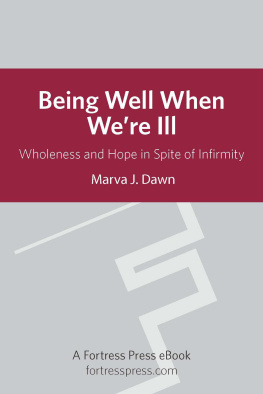

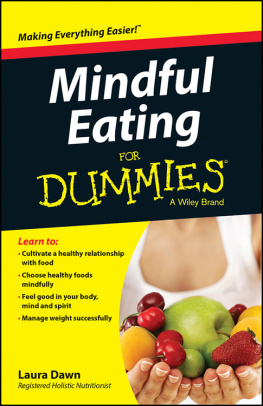
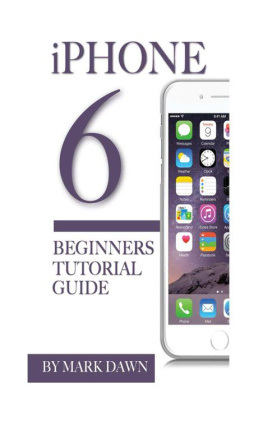

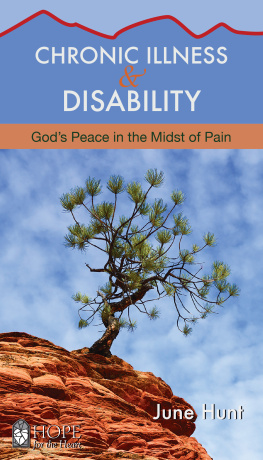
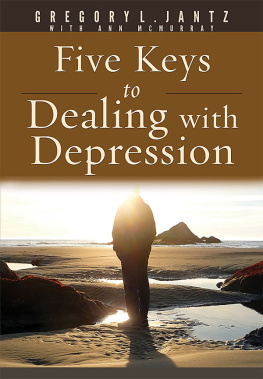
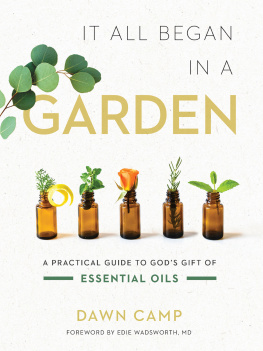
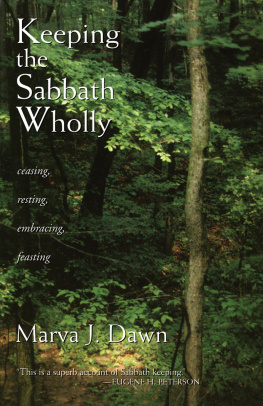
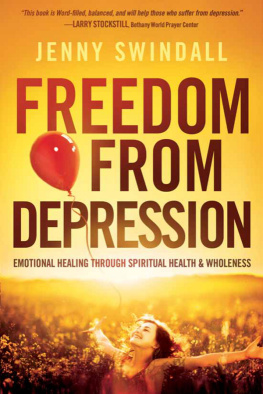
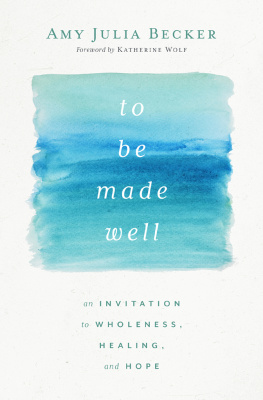
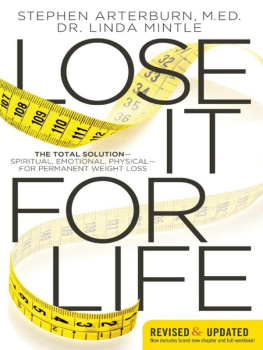



 Contents
Contents